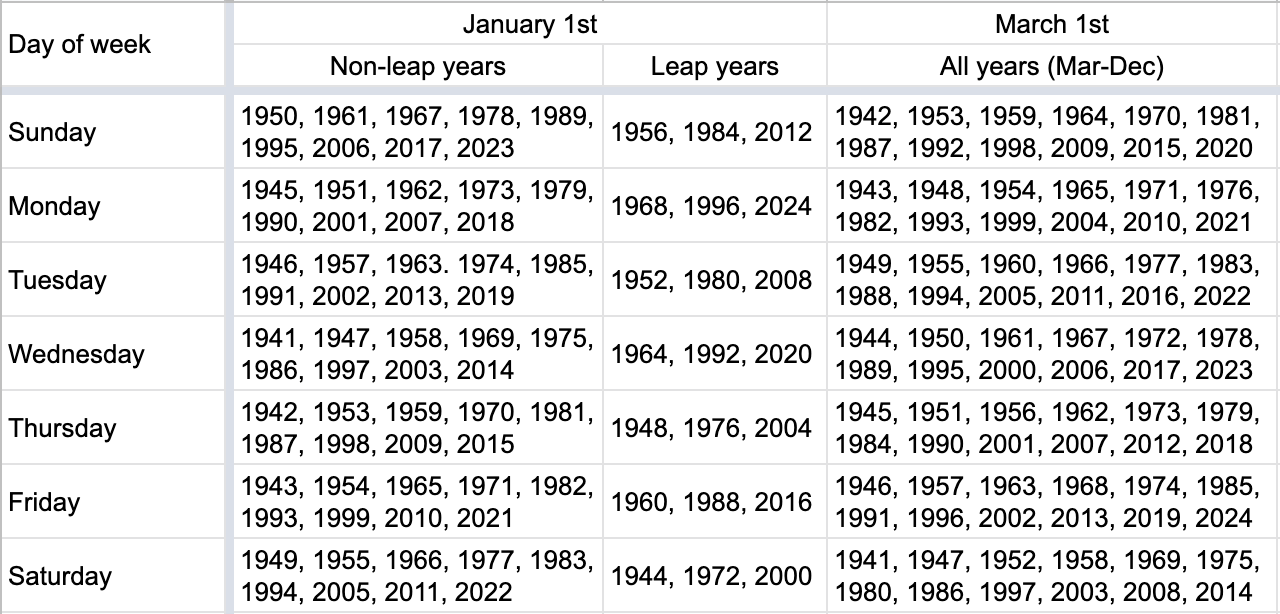
Was 1978 a Leap Year?
A leap year is a year with 366 days instead of the usual 365 days. This is done to keep the calendar in sync with the Earth’s orbit around the sun. The extra day is added to the month of February, which usually has 28 days. In a leap year, February has 29 days.
The Gregorian calendar, which is the most widely used calendar in the world, has a leap year every four years. However, there are some exceptions to this rule. For example, years that are divisible by 100 are not leap years, unless they are also divisible by 400.
Was 1978 a Leap Year?
1978 was not a leap year. This is because it is divisible by 100, but it is not divisible by 400.
Facts about South Africa in 1978
- Population: 26.4 million
- President: Balthazar Johannes Vorster
- Prime Minister: John Vorster
- Official languages: Afrikaans, English
- Capital: Pretoria
- Currency: Rand
Apartheid in South Africa in 1978
Apartheid was a system of racial segregation that was in place in South Africa from 1948 to 1994. Under apartheid, black South Africans were denied basic rights and freedoms, such as the right to vote, the right to own property, and the right to education.
In 1978, apartheid was still in full force. The government was cracking down on black activists, and many black South Africans were living in poverty and squalor.
The Soweto Uprising
In June 1976, a group of black students in Soweto, a township outside of Johannesburg, protested against the use of Afrikaans as a medium of instruction in schools. The protest was met with violence by the police, and hundreds of students were killed.
The Soweto Uprising was a turning point in the anti-apartheid movement. It showed the world the brutality of the apartheid regime, and it inspired black South Africans to continue fighting for their rights.
The End of Apartheid
Apartheid finally ended in 1994, when Nelson Mandela was elected president of South Africa. Mandela was a former political prisoner who had spent 27 years in jail for his opposition to apartheid.
The end of apartheid was a major victory for the anti-apartheid movement. It was a day of hope and celebration for black South Africans, and it marked the beginning of a new era for South Africa.
Conclusion
1978 was a significant year in South African history. It was a year of both tragedy and hope. The Soweto Uprising was a reminder of the brutality of the apartheid regime, but it also inspired black South Africans to continue fighting for their rights. The end of apartheid in 1994 was a major victory for the anti-apartheid movement, and it marked the beginning of a new era for South Africa.
